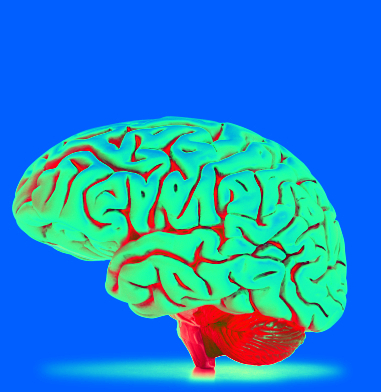AI experts predict school shift

Experts say the very idea of schooling needs to change to face the AI revolution.
Dr Rose Luckin, a professor at University College London, says AI should be able to free teachers from the administration and assessment tasks, allowing them to focus on “meta-level skills” that computers will find it harder to emulate.
“We need to review what and how we teach and ensure that AI is designed and used as a tool to make our students [and ourselves] smarter, not as a technology that takes over human roles and dumbs us down,” Professor Luckin says.
“It's not just STEM [science, technology, engineering and maths] subjects. There does need to be quite a significant shift in emphasis away from purely what I would call routine cognitive processing.”
Marc Tucker from the National Centre on Education and the Economy in the US says there is a growing need to “reconceive schooling” to create the future workforce.
“Students will need strong cognitive skills, much deeper knowledge and much more sophisticated skills, if they are going to be partners to increasingly intelligent agents and not put out of work by them,” Mr Tucker said in a recent paper.
“And they will need to be very strong where the intelligent agents are, at least for the time being, relatively weak: in areas like creativity … [and] imagination.”
The NSW Education Department recently began working with AI experts to understand and plan ways for schools to adapt.
“In 2030, when today's kindergartner leaves high school, the world will look quite different. AI will certainly be an embedded feature,” says department deputy secretary Leslie Loble.
“We feel there is an urgency to tackle education changes so that that child leaves schooling armed with the knowledge and the skills, the capabilities and the confidence to shape their world and, if you're talking about AI, to ensure that the machines serve human purposes.”
The experts say the basics of schooling - reading, writing and arithmetic – will stay the same, but more will be needed in order to safeguard the future of human employment.
Empathy, a global outlook, critical and reflective thinking, adaptability and being a lifelong learner will need to be engrained too.








 Print
Print